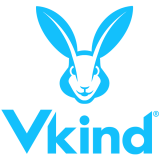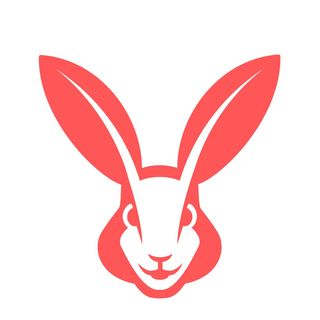Dr. Columbus Batiste: Revolutionizing Healthcare with a Vegan Approach
In the world of healthcare, many dedicated professionals are making a remarkable impact on the lives of their patients. Among them is Dr. Columbus Batiste, a compassionate and visionary doctor transforming how we approach healthcare through a vegan lens. With his expertise, passion for plant-based nutrition, and commitment to improving patient well-being, Dr. Batiste is paving the way for a healthier and more compassionate future.
1. A Journey to Veganism:
Dr. Columbus Batiste's journey to veganism started with a personal health crisis. Struggling with chronic health conditions, he realized the limitations of conventional medicine and began exploring alternative approaches. Inspired by the power of plant-based nutrition, he adopted a vegan lifestyle and experienced significant improvements in his own health. This transformative experience led him to dedicate his career to promoting the benefits of veganism to his patients.
2. The Power of Plant-Based Nutrition:
As a vegan doctor, Dr. Batiste firmly believes in the power of plant-based nutrition to prevent and even reverse chronic diseases. Through his practice, he educates his patients about the importance of incorporating whole, plant-based foods into their diets. By focusing on nutrient-rich fruits, vegetables, legumes, and grains, Dr. Batiste helps his patients optimize their health and reduce their reliance on medications.
3. A Compassionate Approach:
What sets Dr. Columbus Batiste apart is not only his medical expertise but also his compassionate approach to patient care. He understands that true healing goes beyond simply treating symptoms. Dr. Batiste takes the time to listen to his patients' concerns, addressing their physical, emotional, and spiritual well-being. He advocates for a holistic approach to medicine, where compassion and empathy play a central role in the healing process.
4. Empowering Patients:
One of Dr. Batiste's core missions is to empower his patients to take charge of their own health. Through personalized consultations, he provides individuals with the tools and knowledge necessary to make informed decisions about their lifestyle and nutrition. By guiding them towards plant-based choices, Dr. Batiste helps his patients improve their overall well-being, boost their energy levels, and achieve optimal health.
5. Advocacy and Education:
In addition to his clinical practice, Dr. Columbus Batiste is an advocate for veganism and plant-based nutrition. He actively participates in community events, health fairs, and conferences, spreading awareness about the benefits of a plant-powered lifestyle. Through his engaging talks and informative workshops, Dr. Batiste inspires others to embrace veganism as a means to protect their health, the environment, and animal welfare.
6. Collaborating with Vkind:
Dr. Columbus Batiste has joined forces with Vkind, a search platform and community dedicated to connecting plant-based businesses and professionals. Through Vkind, Dr. Batiste can reach a wider audience and share his expertise with those seeking a plant-based approach to healthcare. By collaborating with this innovative platform, he is actively contributing to the growth and success of the plant-powered economy.
Dr. Columbus Batiste is a true pioneer in the field of vegan healthcare. His passion for plant-based nutrition, combined with his compassionate approach to patient care, is transforming lives and inspiring others to embrace a vegan lifestyle. Through his dedication to advocacy and education, Dr. Batiste is empowering individuals to take control of their health and make choices that align with their values. With visionaries like Dr. Batiste leading the way, the future of healthcare looks brighter, more compassionate, and plant-powered.
___________________________________________
♡ GET MORE VKIND!
JOIN OUR FAMILY FOR THE LATEST NEWS & GIVEAWAYS!
Subscribe to the VKIND VIBES weekly newsletter here: http://vkind.com/subscribe
OUR WEBSITES:
⟡ Vkind Home: https://www.vkind.com/
⟡ Peeled TV Show: https://www.peeledshow.com/
⟡ Vegeconomy: https://www.thevegeconomy.com/
⟡ Vkind Connects: https://www.vkindconnects.com/
⟡ VWire: Vegan Press Release Service: https://www.vwire.com/
GET SOCIAL WITH US!
⟡ Instagram: https://www.instagram.com/vkindapp/
⟡ Twitter: https://twitter.com/vkindapp
⟡ Facebook: https://www.facebook.com/vkindapp
⟡ TikTok: https://www.tiktok.com/@vkindapp
⟡ Pinterest: https://www.pinterest.com/vkindapp/
⟡ LinkedIn: https://www.linkedin.com/company/vkind-app/
___________________________________________
13







